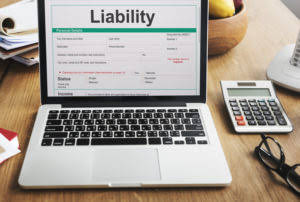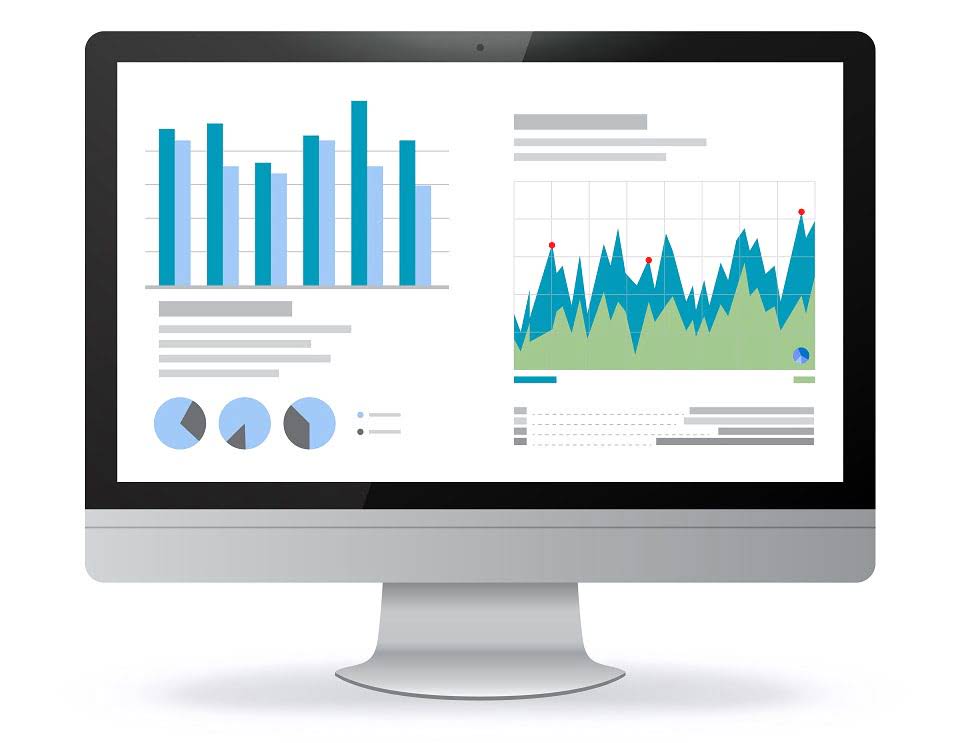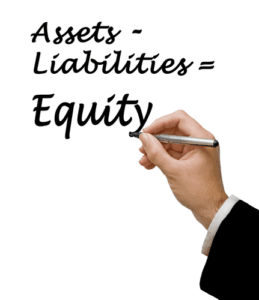
It is important to separate your personal and business finances, which can be done by opening a separate bank account for your business. Effective sole trader bookkeeping requires careful organisation, regular review of financial statements, and the willingness to seek help when needed. With these tips in mind, you’ll be better equipped to keep accurate records and make informed decisions that drive the growth of your business. Don’t forget to reconcile bank accounts at the end of each month or quarter this can help pick up any unexpected discrepancies which in turn helps with cash flow planning. You can opt for manual bookkeeping using spreadsheets or accounting software. From here, you must keep track of your financial transactions in slide income, expenses, invoices and receipts, and any tax-related documents that will help you when you file your tax return.

How to manage your accounts and bookkeeping as a sole trader

You can choose to do your bookkeeping manually using pen and paper or a spreadsheet, or you can use specialised software to automate the process. Regardless of the method you choose, accurate and up-to-date bookkeeping is crucial for monitoring your cash flow, tracking your business’s performance, and identifying areas for improvement. Bookkeeping is the day-to-day processing of your financial transactions. This not only saves time but also reduces the risk of losing important documents. With organised records, you can easily reconcile bank accounts, track expenses against your budget, and generate accurate financial statements. QuickBooks is one of the most comprehensive accounting software packages available, offering a sole trader plan which will calculate taxes owed.
- Yes, sole traders with annual profits of £12,570 or more usually pay Class 2 and Class 4 National Insurance contributions.
- It allows owners to manage cash flow effectively, make informed decisions about future investments or expenditures and ensure compliance with taxation laws.
- If you operate as a sole trader, you must keep tabs on any additional income you bring in personally.
- One of the most crucial aspects of running a successful business is keeping your books in order.
- It’s important for sole traders managing inventory or providing services on credit terms to have policies in place for tracking invoice payments and following up on delinquent accounts.
- Prepare financial statements, such as income statements and balance sheets, to get an overview of your business’s financial performance.
Cloud Accounting Software

It’s essential that this list accurately reflects your business’s financial activity. When setting up your chart of accounts, you’ll need to consider the specific accounts that are relevant to your business. FreeAgent is a cloud-based accounting solution designed for small businesses and is excellent for freelancers. It also has a Bank Feeds feature, which imports bank statements and categorises them so you can easily reconcile accounts. FreshBooks is a well-designed accounting software designed for small businesses.
Inventory Updates
- Maintaining proper records helps sole traders avoid penalties and interest charges from HMRC for non-compliance or inaccurate tax filings.
- However, it’s highly recommended that you create a business account and keep your personal account separate as it will be easier to deal with your business finances.
- To ensure that you comply with legal requirements, it is important to keep your records organised and easily accessible.
- Our Online Accountants page offers access to a network of accountants experienced in providing personalised bookkeeping solutions for sole traders.
- You need to pay your quarterly Class 2 National Insurance bill, which is a basic payment that goes towards your state pension in the future.
- Tracking all business expenses diligently can lower taxable profits considerably.
One of the most important aspects of effective sole trader bookkeeping is keeping track of receipts Accounting for Churches and invoices. Without proper organisation, it can be easy to lose track of expenses and miss out on potential tax deductions. This is why it’s crucial to establish a system for organising your receipts and invoices from the very beginning.
How Bookkeeping Works for a Sole Trader: A Clear Guide
Once the audit process starts, the auditor will ask a series of questions and perform tests to verify specific information. A positive result of an audit can be a boost to the confidence in your business’ financial position; however, there is no guarantee that an auditor will not find errors or omissions in records. When it comes to how to hire employees, sole trader accounting finding the right fit is key for a small business. This dual approach allows you to maintain a steady income while exploring how to make money on the side.
- Also, provide a short summary at the top of each document describing its contents in detail.
- You need to keep a record to prove that what you claim to be expenses are eligible through your business.
- Learn more about your business bookkeeping responsibilities as a self-employed person, and what information your accountant needs from you.
- Double check expenses and income are coded to appropriate reporting classifications for all transactions over the year.
- You should retain records of all invoices and receipts, including sales receipts, expenses receipts, and bank statements.
Small teams allow sole traders to have more informal accounting processes versus corporations. However, growth requires the implementation of more rigorous accounting systems. Excel bookkeeping templates are available to download and provide the perfect way for a sole trader to keep their accounts in order. They are usually pre-formatted with columns and rows, ready for you to fill in as appropriate.
Careful categorization is imperative during expense logging and reporting. Unlimited liability – Unlike incorporated entities, the sole trader’s liability is unlimited. Angela is certified in Xero, QuickBooks, and FreeAgent accounting software. To simplify bookkeeping, she created lots of easy-to-use Excel bookkeeping templates.


As a sole proprietor, the owner must handle all bookkeeping and accounting themselves or hire an accountant. Robust accounting is essential for making informed decisions, securing financing, paying proper taxes, and enabling growth. The Australian Government Business website is an excellent place to start as they provide comprehensive information and gross vs net tools for small business owners.
Recent Comments